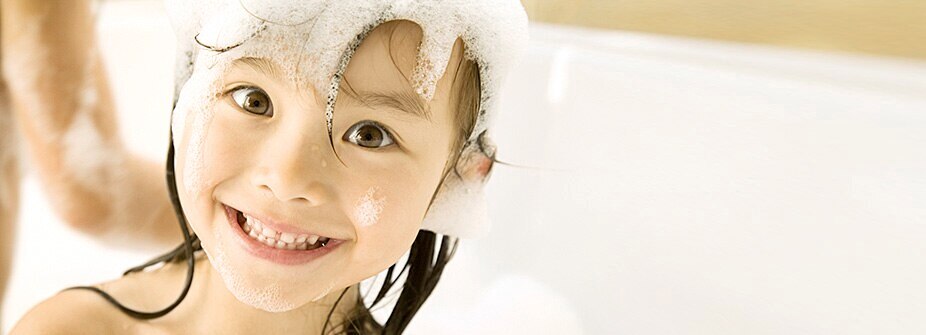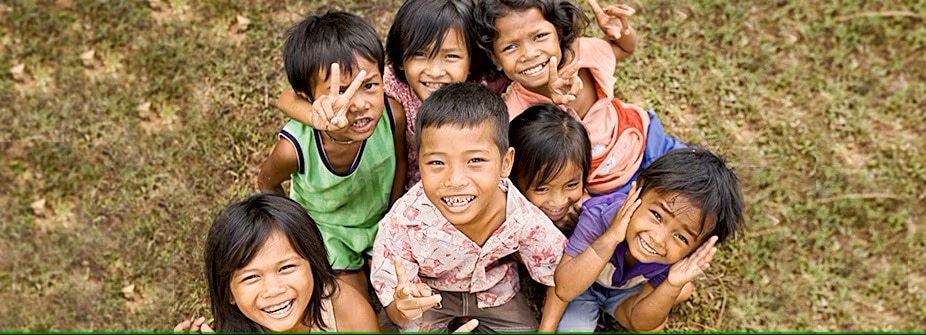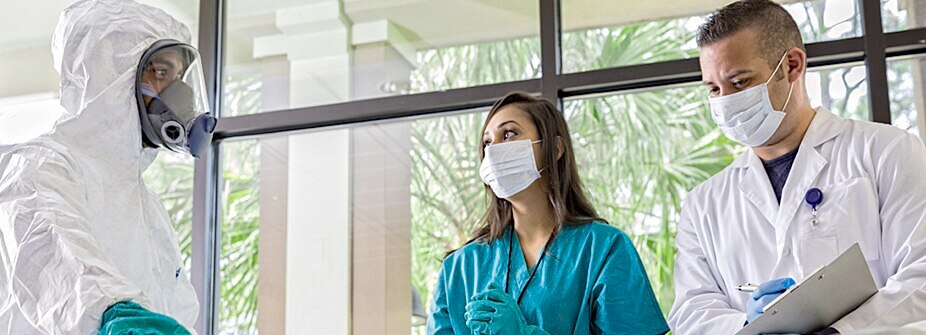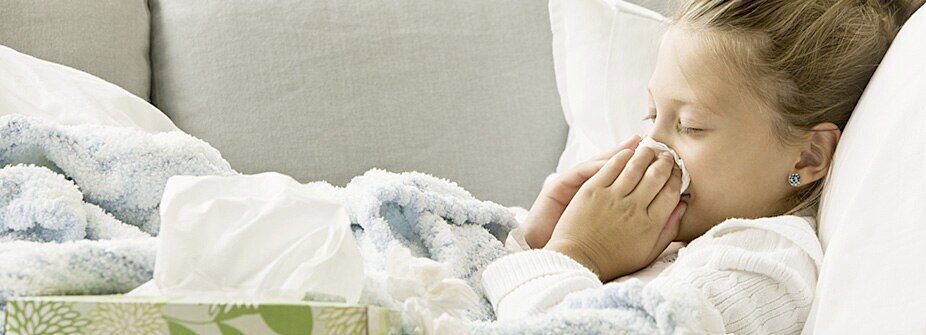Teaching about the importance of personal hygiene for kids is far from easy and it can feel like a thankless task. We all know that many children like nothing better than running around and getting messy, but did you know that the attitudes and habits they adopt now are likely to stay with them as they grow older? As your children mature, their personal hygiene levels can also affect their health, with lower standards increasing their risk of disease. With this in mind, we’ve put together our top personal hygiene tips for kids, to help you make sure they get off to a great start in life.
Personal Hygiene Tips for Kids
The Importance of Personal Hygiene for Kids
Handwashing
Childhood is the best time to make handwashing a habit. Your child’s hands come into direct contact with harmful germs and pathogens on a daily basis, but their immune system is still developing. It is particularly important to encourage handwashing after touching something dirty, after using the toilet and before eating. We recommend Lifebuoy Total 10 Germ Protection Hand Wash, as its Active5 formula removes 99.9% of germs in just 10 seconds.
Bathing
For children, as for adults, regular baths or showers are key – particularly after messy activities or exercise. But if bath time in your house is a struggle, there’s no need to panic. Why not make it a fun activity, by using waterproof toys or colorful sponges and flannels? As long as they are using a soap such as the Lifebuoy Total 10 Body Wash, you can rest assured that the germs are being kept at bay.
Hair care
Younger children may not like washing their hair, and the good news is that most kids only need do so two or three times per week. However, hormonal changes during puberty mean that this may need to increase to at least once every other day.
Teeth
Oral hygiene is another area where it’s best to start early. Brushing and flossing should be an integral part of your child’s morning and night routines so that they continue to do this in later life. The good habits they build up now decrease their risk of having bad breath and developing cavities– it even has the potential to reduce their risk of heart disease. Since it takes a full two minutes for your child to brush their teeth thoroughly, setting a timer will help them to know when to start and stop.
Hygiene for teens
As your child reaches puberty, their body will start to produce more sweat and body odor, and their skin and hair are likely to become oilier. This means that teens will have to alter their personal hygiene habits accordingly. They may need to bathe, shower and wash their hair more frequently, and will also need to use an antiperspirant or deodorant to protect against body odor. Skin conditions such as acne are particularly prevalent at this age, but washing with mild soap and water – or an over-the-counter remedy – can reduce the symptoms. Remember, your teen’s overall level of hygiene is important for both their health and their self-esteem.
Mythbusters
My child hates baths, so I’m a bad parent if I force the issue.
Your child may not like washing, but it is an essential part of growing up. By laying down the ground rules, you are giving your child the best chance of staying happy and healthy.
Kids don’t sweat.
Children do sweat, although this really only turns into body odor when they reach puberty. Prior to this, they still need to bathe or shower to remove the dirt.
References
- http://www.nhs.uk/Conditions/Body-odour/Pages/Treatment.aspx
- http://www.cyh.com/HealthTopics/HealthTopicDetailsKids.
- http://www.healthline.com/health-slideshow/hygiene-habits-kids
- http://www.parents.com/toddlers/development/hygiene-basics-for-kids/




